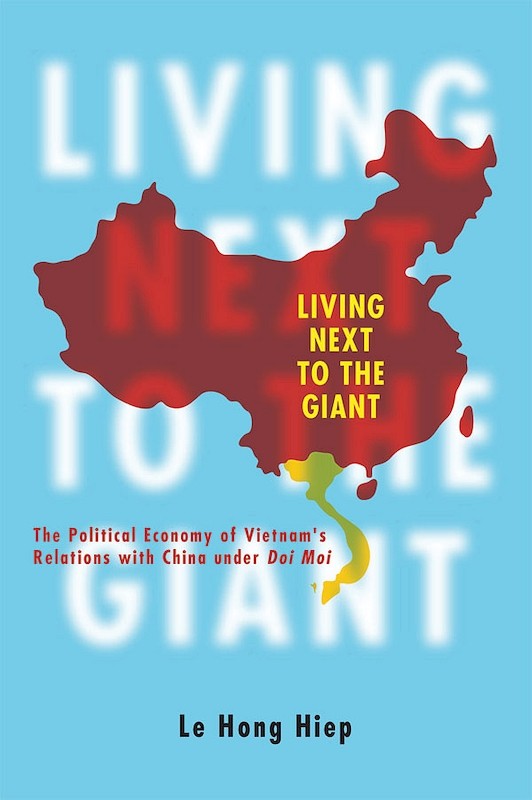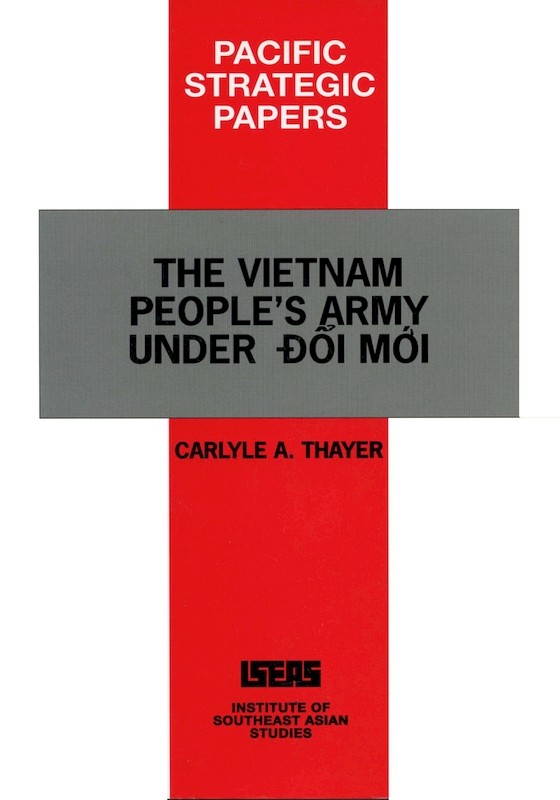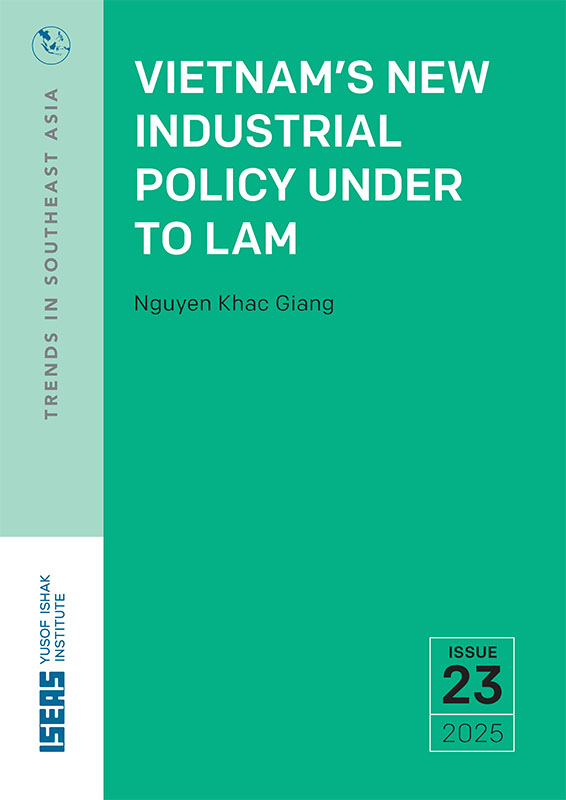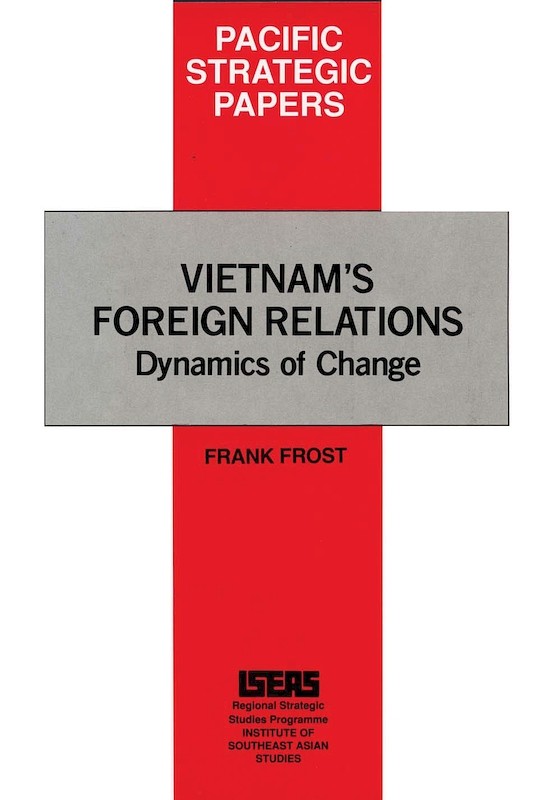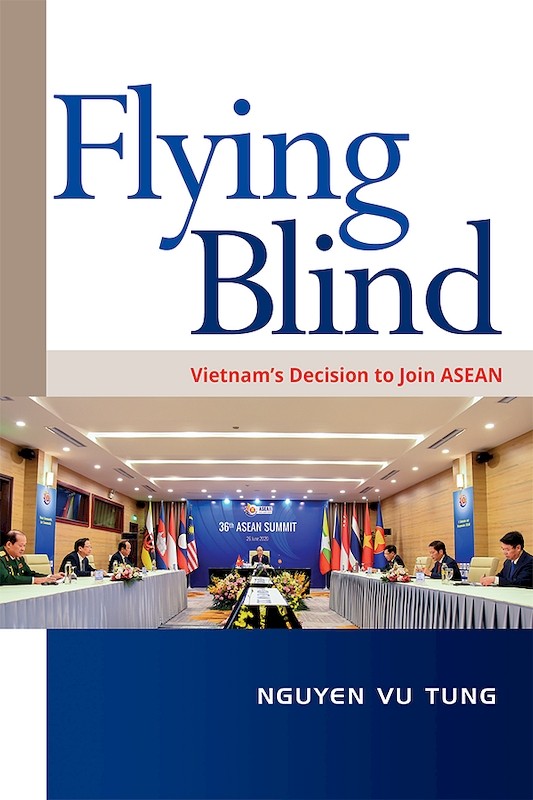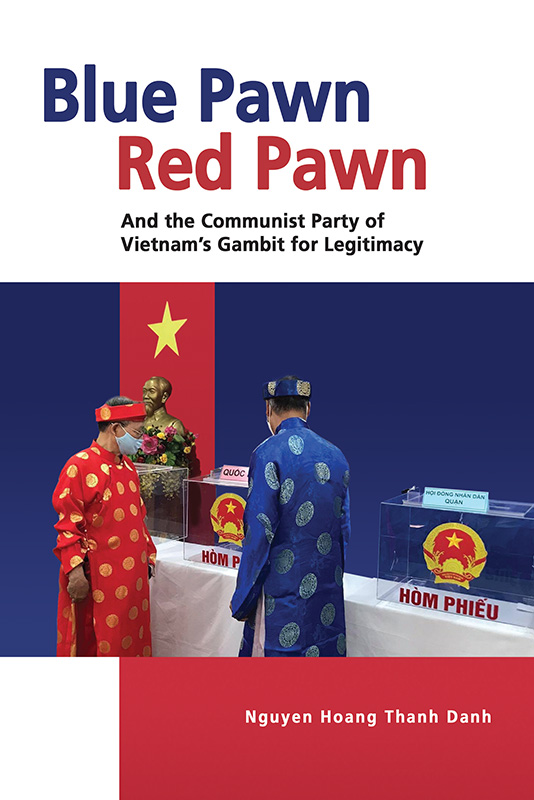Vietnam’s Foreign Policy under Doi Moi
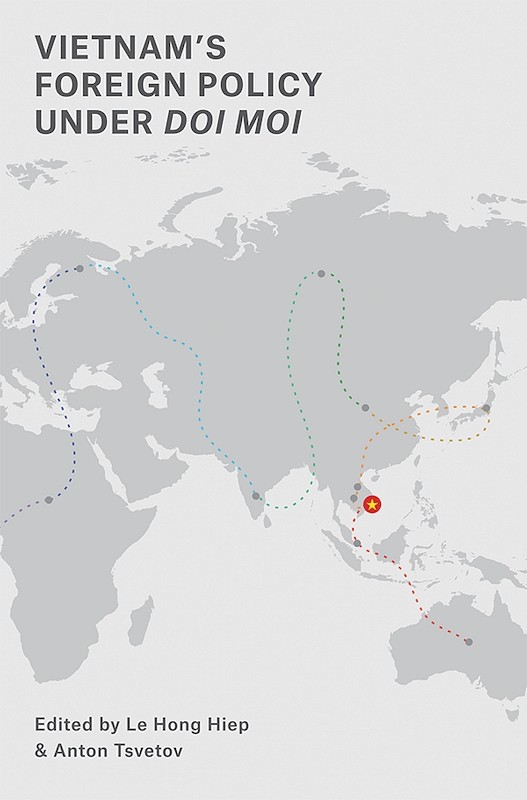
Date of publication:
2018
Publisher:
ISEAS – Yusof Ishak Institute
Number of pages:
294
Code:
PIC260
Soft Cover
ISBN: 9789814818148
Reviews
Paul Schuler, Pacific Affairs Vol. 93, No. 1, March 2020.
"The book provides a general overview of Vietnam repairing its relations with the West and China followed by a detailed description of important bilateral relationships, including with China and the US. The book concludes with a discussion of specific issues including the South China Sea and economic integration.
In light of the competing narratives regarding Vietnam's relationship vis-a-vis China, what stands out in this book is how nearly all of the authors consider managing the relationship with China as central to all of Vietnam's other bilateral and multilateral relationships. While the book certainly includes other interesting details and background information, ... a theme that connects the chapters is how Vietnam hopes to check China without provoking it.
...this volume does provide valuable nuggets of information that can be mined to lend support to competing narratives regarding Vietnam's past, present, and future orientation towards the outside world. The authors' deep experience and access to Vietnamese sources, particularly diplomatic messages between Hanoi and its foreign policy establishment, provide authoritative and factually rich accounts that must be wrestled with in any future research on Vietnam's orientation vis-a-vis China and the rest of the world. For that reason, anyone engaging the debate as to Vietnam's orientation vis-a-vis China or the visibility of a Sino-centric East Asia order should read this book."
About the publication
In 1986, the Communist Party of Vietnam (CPV) adopted the Doi Moi (Renovation) policy at its sixth national congress, opening up a new chapter in the country’s modern history. Under Doi Moi, Vietnam has undergone significant socio-economic, political and foreign policy reforms that have transformed the country in many meaningful ways.
This edited volume aims to provide an in-depth analysis of the multiple aspects and transformations of Vietnam’s foreign policy over the past thirty years. The book is divided into three sections. The first covers the broader framework of Vietnam’s foreign policymaking and the historical evolution of Vietnam’s diplomacy under Doi Moi. The second examines Vietnam’s bilateral relationships with its major partners, namely the United States, China, Japan, India, Russia, its smaller neighbours (Cambodia and Laos), and ASEAN. Finally, the book looks into two major issues in Vietnam’s current foreign policy: the management of the South China Sea disputes and the international economic integration process.
As the most informative, updated and comprehensive volume on Vietnam’s foreign policy under Doi Moi, the book is a useful reference source for academics, policymakers, students as well as anyone interested in contemporary Vietnam in general and its foreign policy in particular.
Contents
-
Vietnam’s Foreign Policy under Doi Moi
[Whole Publication, ISBN: 9789814818155], by Le Hong Hiep, Anton Tsvetov, editors -
Preliminary pages
- PART I: ANALYTICAL AND HISTORICAL FRAMEWORK
-
1. Introduction: The Making of Vietnam's Foreign Policy under Doi Moi, by Le Hong Hiep, author
-
2. The Evolution of Vietnamese Diplomacy, 1986–2016, by Carlyle A. Thayer, author
- PART II: BILATERAL RELATIONSHIPS
-
3. The Evolution of Strategic Trust in Vietnam–U.S. Relations, by Phuong Nguyen, author
-
4. The 2014 Oil Rig Crisis and its Implications for Vietnam–China Relations, by Nguyen Thanh Trung, Truong-Minh Vu, authors
-
5. Vietnam–Japan Relations: Moving Beyond Economic Cooperation?, by Thuy T Do, Julia Luong Dinh, authors
-
6. The Reinvigoration of India–Vietnam Partnership under Prime Minister Modi, by Rajeev Ranjan Chaturvedy, author
-
7. Vietnam–Russia Relations: Glorious Past, Uncertain Future, by Anton Tsvetov, author
-
8. Vietnam's Foreign Policy Towards Its Smaller Neighbours, by Chheang Vannarith, author
-
9. Vietnam's Decision to Join ASEAN: The South China Sea Disputes Connection, by Nguyen Vu Tung, Dang Cam Tu, authors
- PART III: MAJOR FOREIGN POLICY ISSUES
-
10. Vietnam's South China Sea Strategy since 2007, by Ha Anh Tuan, author
-
11. Vietnam's International Economic Integration under Doi Moi, by To Minh Thu, author
-
12. Norm Diffusion through Trade: The Case of the EU-Vietnam Free Trade Agreement, by Hoang Hai Ha, author
-
Index

